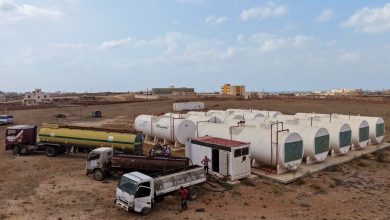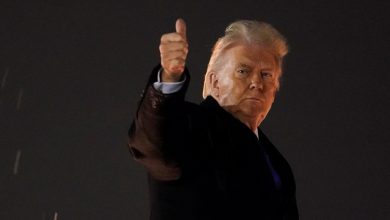President Umaro Sissoco Embaló of Guinea-Bissau is seeking a second term in office in the upcoming presidential elections, scheduled for next Sunday. The 53-year-old Embaló, who assumed power in 2020, is considered a frontrunner in the race, particularly after the exclusion of former Prime Minister Domingos Simões Pereira, previously seen as his main contender.
In the 2019 elections, Embaló defeated Pereira with 54% of the vote, becoming the leader of this West African nation of approximately two million people. However, his legitimacy is questioned by the opposition.
The opposition has demanded the annulment of the previous presidential elections and accuses Embaló, a former army general, of overstaying his constitutional term by several months. While the country’s constitution stipulates a five-year presidential term renewable once, the opposition claims Embaló’s term ended on February 27th.
The government maintains that the President has faced multiple attempts to overthrow him, including a coup attempt in 2022 that involved hours of gunfire near a complex where a cabinet meeting was being held. In the following year, the capital, Bissau, witnessed armed clashes, leading the President to dissolve parliament. The former Portuguese colony has remained without a legislative body since.
If re-elected, President Embaló will face significant hurdles in achieving his stated goals of addressing poverty and improving healthcare and education. Guinea-Bissau remains heavily reliant on cashew exports, the prices of which are subject to volatility.
Alongside economic and security challenges, Guinea-Bissau also grapples with the proliferation of cocaine trafficking. The nation’s stability and future hinges on addressing these complex issues. The upcoming election will be a critical juncture for the country.




